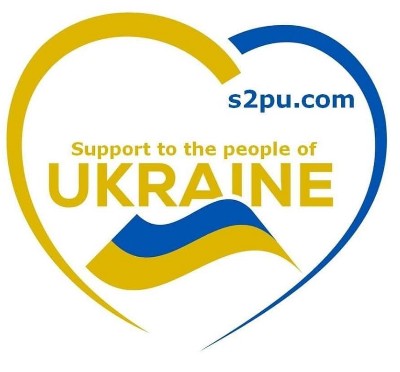A crime
against humanity
European Parliament recognises Ukrainian famine of 1930s as crime against humanity
In a resolution on the commemoration of the Holodomor, the artificial famine in Ukraine in 1932-1933, MEPs describe it as "an appalling crime against the Ukrainian people, and against humanity".
Testimonials
New documents show that it was a planned and targeted mass murder. The aim was to prevent another peasant uprising like the one in 1918/19. It is important to note that the famine was not just the result of grain requisition, although that was the most important part of it. Brigades of activists came through Ukrainian villages and they took not only grain but everything else. They took all other kinds of food – vegetables, beets, potatoes. There were meat quotas they had to fulfill. They took everything they could out of people's homes. It was a crude and violent operation.
Тhe term Holodomor (death by hunger, in Ukrainian) refers to the starvation of millions of Ukrainians in 1932–33 as a result of Soviet policies. The Holodomor can be seen as the culmination of an assault by the Communist Party and Soviet state on the Ukrainian peasantry, who resisted Soviet policies.
